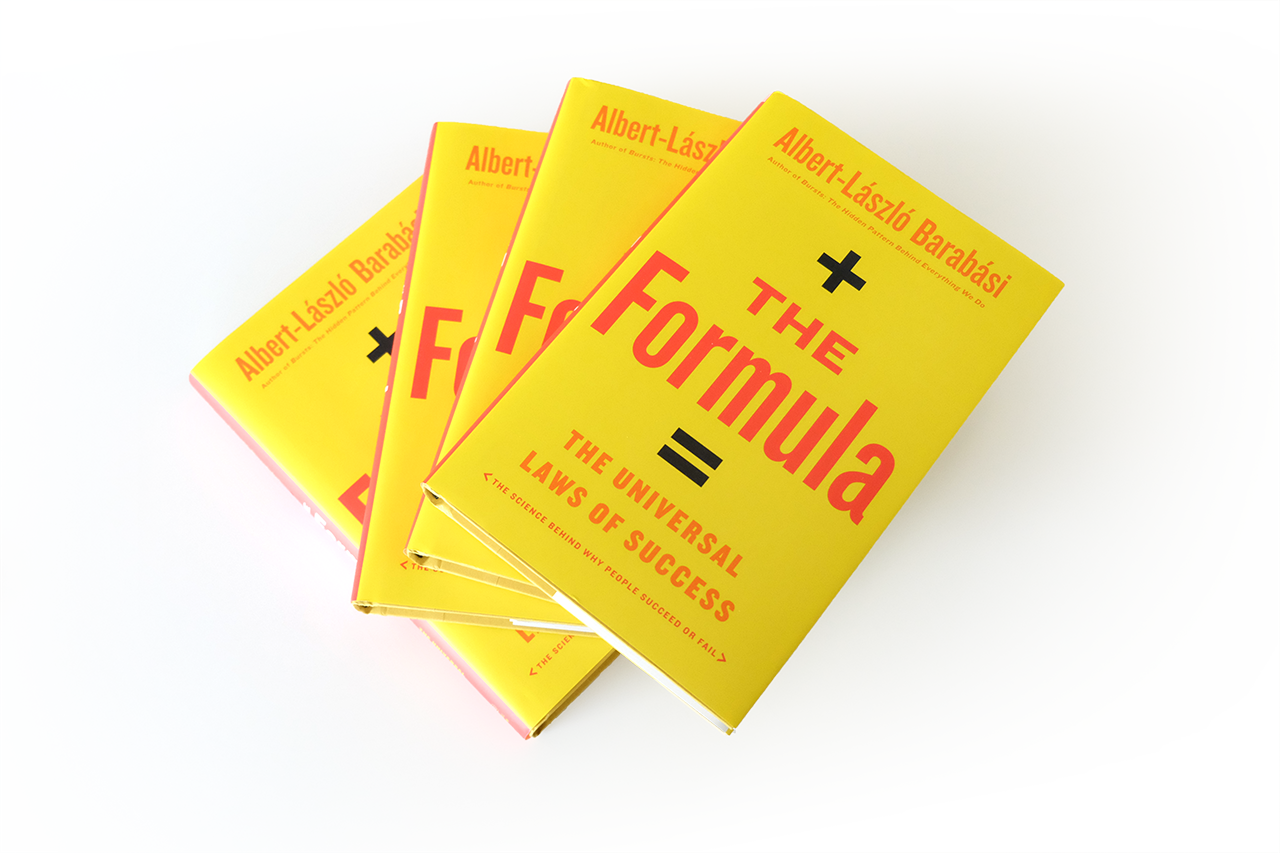
Common wisdom goes something like this: work hard and success will follow. But as we've all witnessed, that's not always the case. While the disconnect is often explained away by “luck” bestowed on a seemingly select few, science reveals otherwise and the reason can be surprising: Success, as it turns out, is not a direct result of our achievements, but instead an indirect reaction to how those achievements are perceived and valued by those around us. As Barabási puts it, “Success isn't about you, it's about us.”
Through lively stories and a look at data from all quarters of our pop culture and business lives-bestselling authors and books; the trajectory of Tiger Woods; the best paid physics professor; a parade the newspapers thought was for Einstein but wasn't; the rise of Google's search engine; singer Darlene Love's career from backup singer to star at the age of 70; why for women being “team players” comes with a bigger price than it does for men; Kickstarter campaigns and more-he shows the underlying mechanics at work and why we respond to certain kinds of performances the way we do.
Barabási's research also offers a hopeful perspective on the wider potential power of understanding the mechanics of success. An example: data showed that in auditions for orchestra positions there was a bias against female applicants. An individual can't alter their chances inside this data point and reality-but systematic change is possible. And it has been implemented. Thanks to raised awareness of the tendency, auditions are now largely held behind a screen
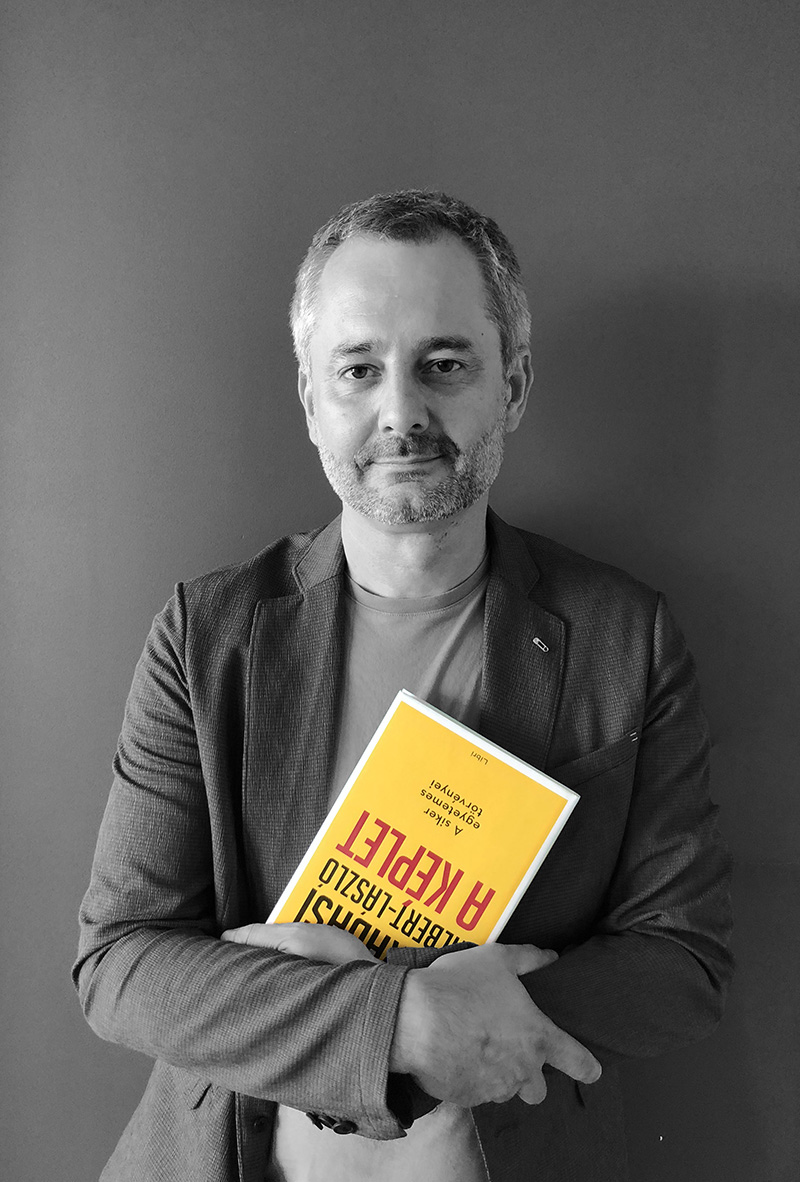
Albert-László Barabási is the Robert Gray Dodge Professor
of Network Science and a Distinguished University Professor
at Northeastern University, where he directs the Center
for Complex Network Research and holds appointments in
the Department of Medicine at Harvard Medical School and
the Department of Network and Data Sciences at Central European
University in Budapest. A native of Transylvania, Romania,
he received his master's in theoretical physics at Eötvös
University in Budapest, Hungary, and his Ph.D. at Boston University.
His book Linked: The New Science of Networks (Perseus,
2002) is currently available in fifteen languages. Bursts: The Hidden
Pattern Behind Everything We Do (Dutton, 2010) is available
in five languages. He is the author of Network Science (Cambridge,
2016) and the coeditor of The Structure and Dynamics of
Networks (Princeton, 2005) and Network Medicine (Harvard University
Press, 2017). His work has led to many breakthroughs,
including the discovery of scale-free networks, which continues
to make him one of the most cited scientists today.
Barabási is a Fellow of the American Physical Society and
of the American Association for the Advancement of Science.
He was awarded the FEBS Anniversary Prize for Systems
Biology in 2005 and the John von Neumann Medal for outstanding achievements in computer science and technology
in 2006, the C&C Prize from the NEC Foundation in
2008, the U.S. National Academies of Sciences Cozzarelli
Prize in 2009, the Lagrange Prize for his contributions to
complex systems in 2011, the Prima Primissima Award for his
contributions to science in 2014, and the Senior Scientific
Award of the Complex Systems Society in 2017. He was
elected a member of the Hungarian Academy of Sciences, the
Romanian Academy, Academia Europaea, the European
Academy of Sciences and Arts, and the Massachusetts Academy
of Sciences, and he received Doctor Honoris Causa
degrees from Universidad Politécnica de Madrid, the University
of West Timişoara, and Utrecht University.
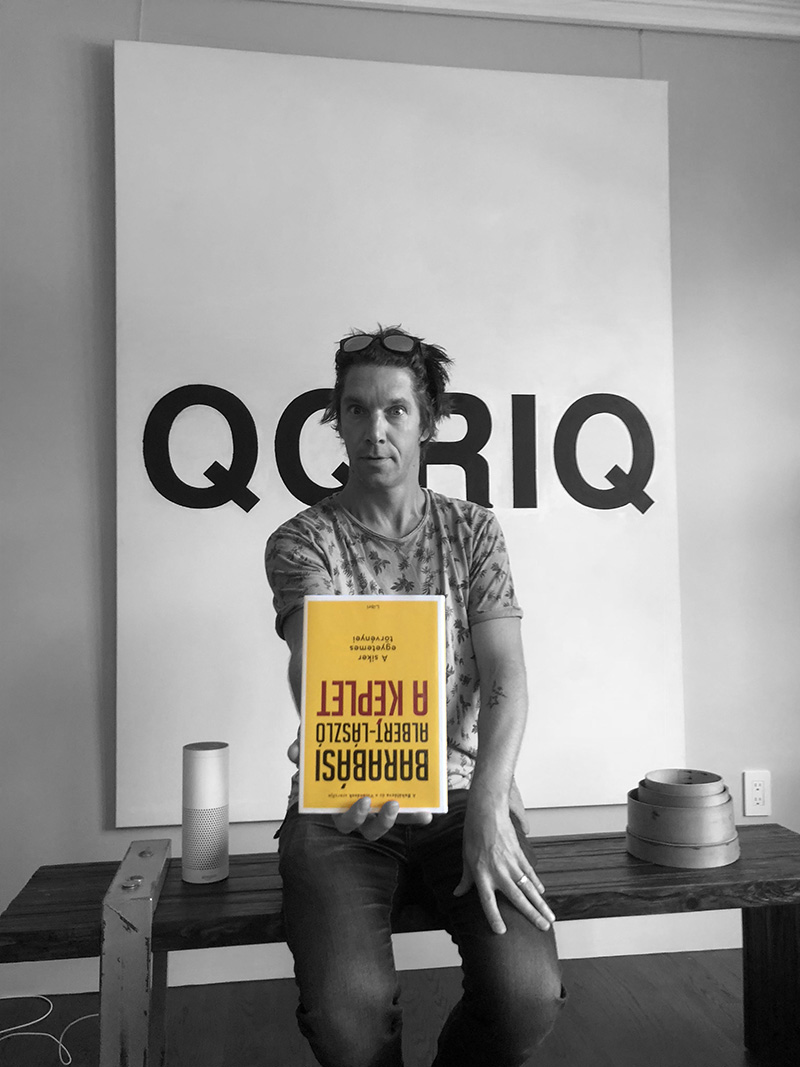
Tibi
the rocker

Victor
the economist
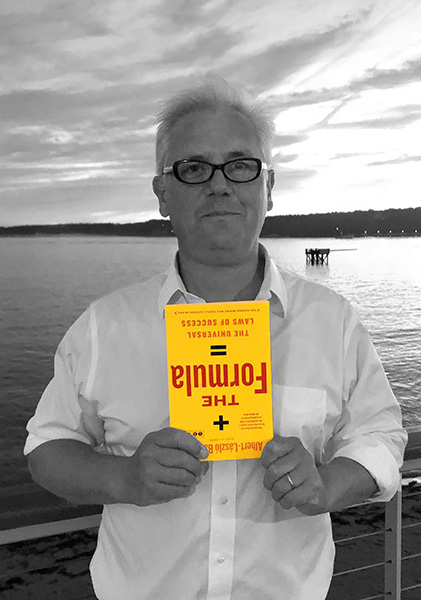
Marc
the geneticist
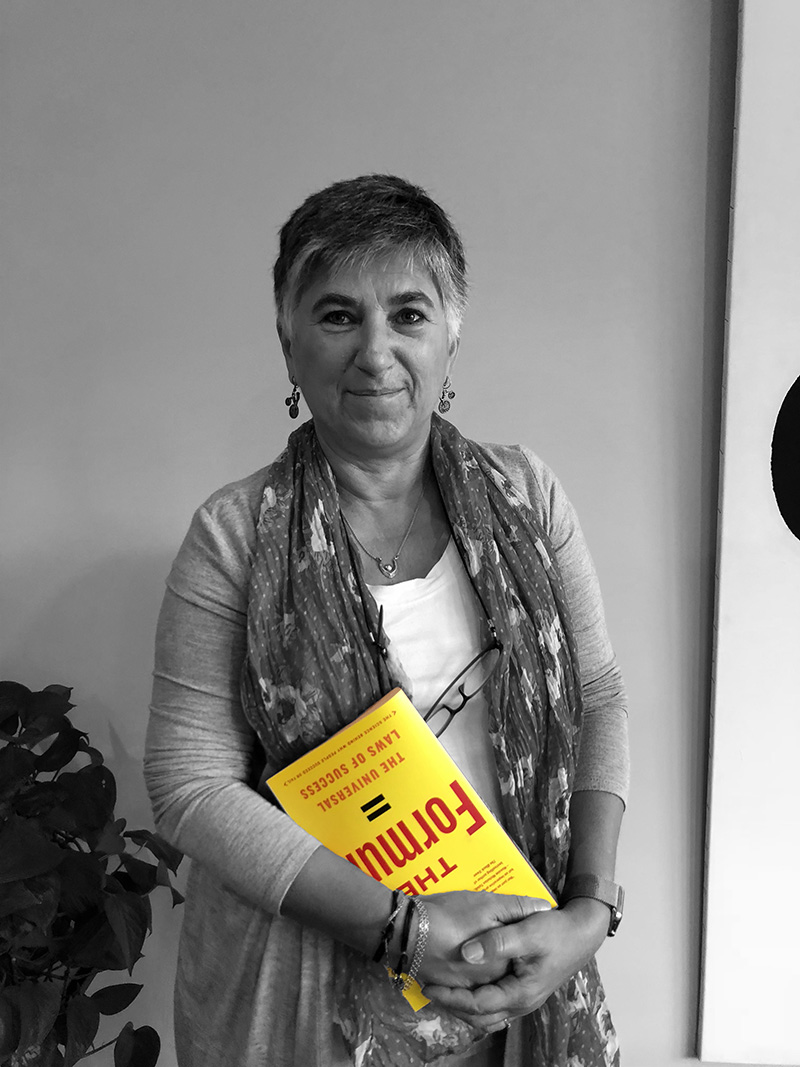
Mariannthe educator

Laszlothe scientist
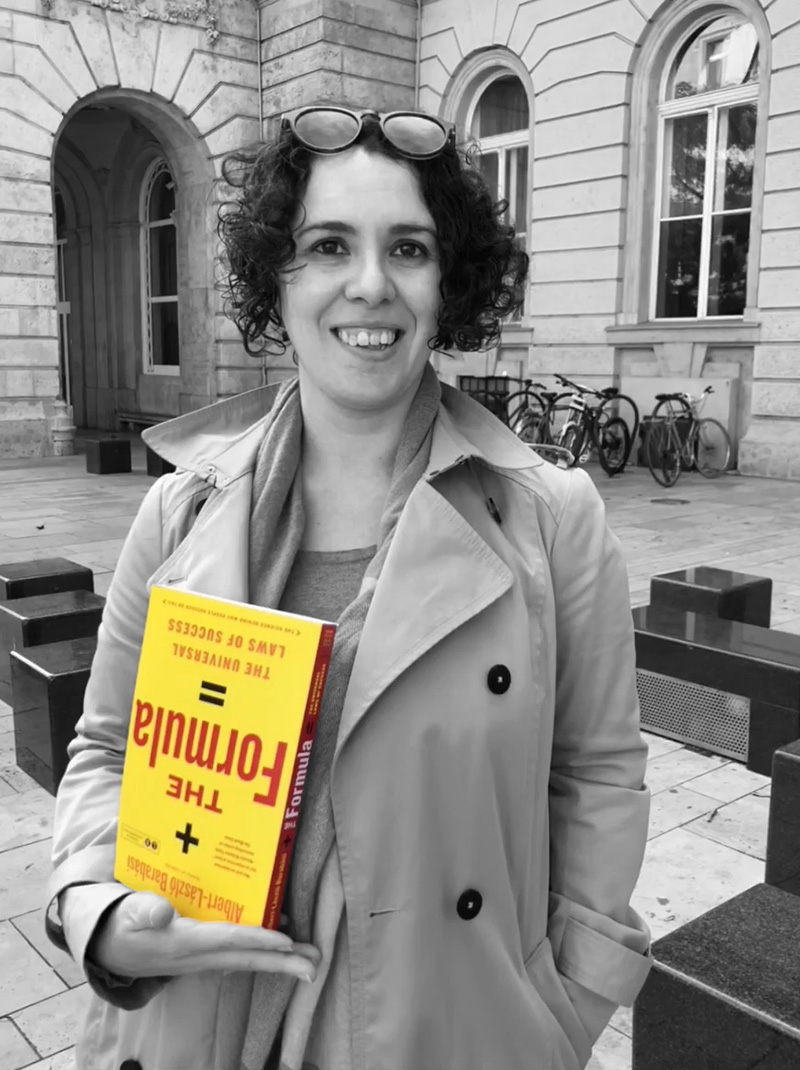
Robithe scientist
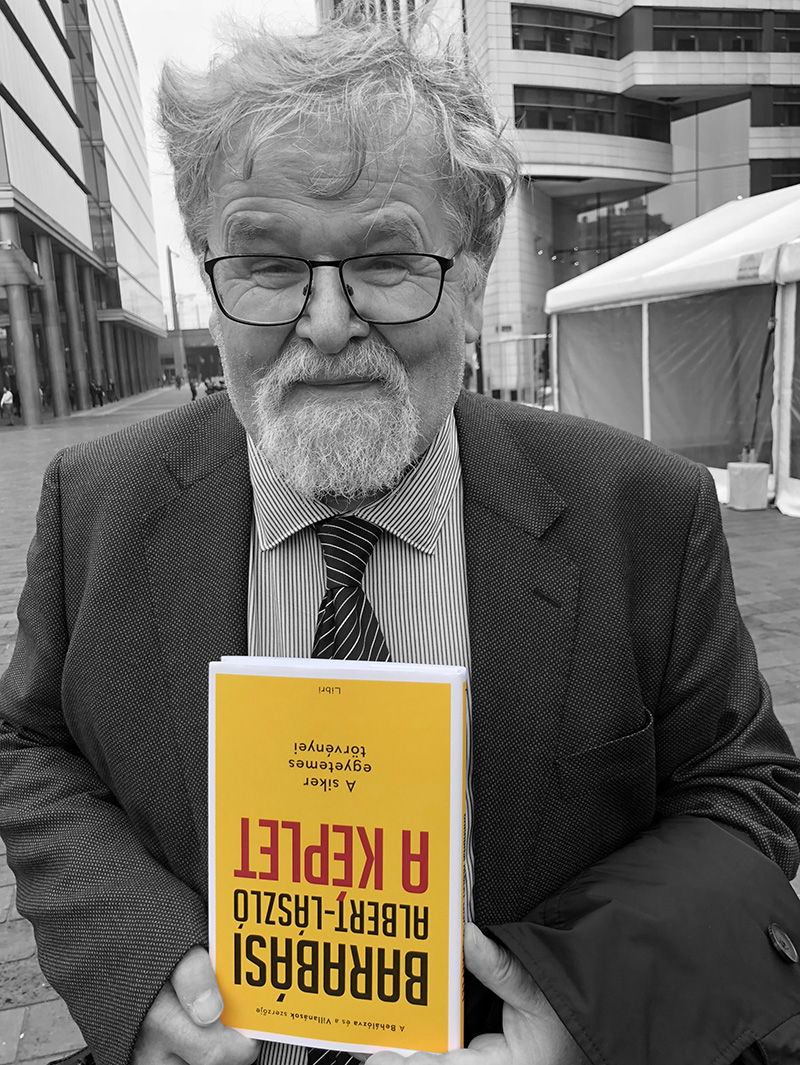
Jarekthe combinatorialist

Danithe student
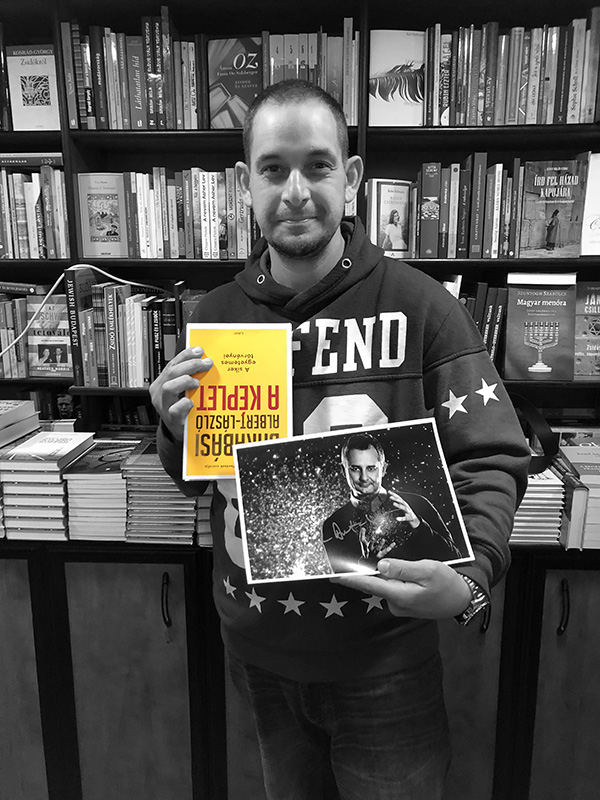
Peterthe autograph collector
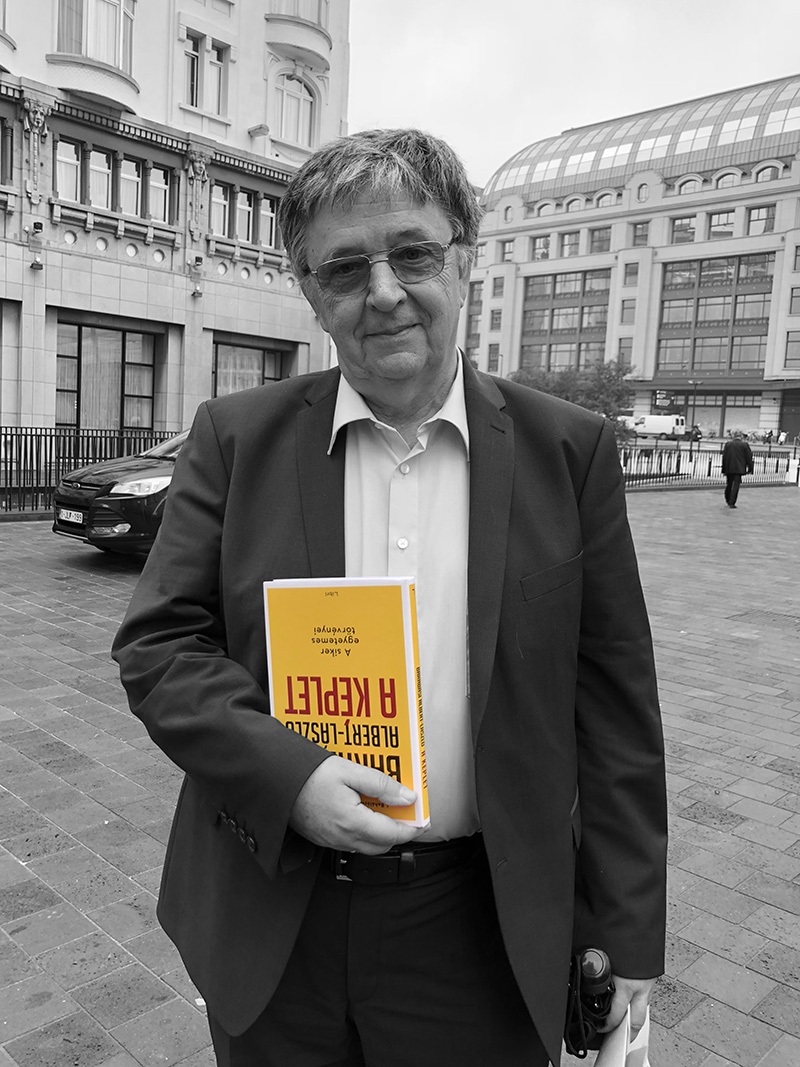
Lacithe mathematician
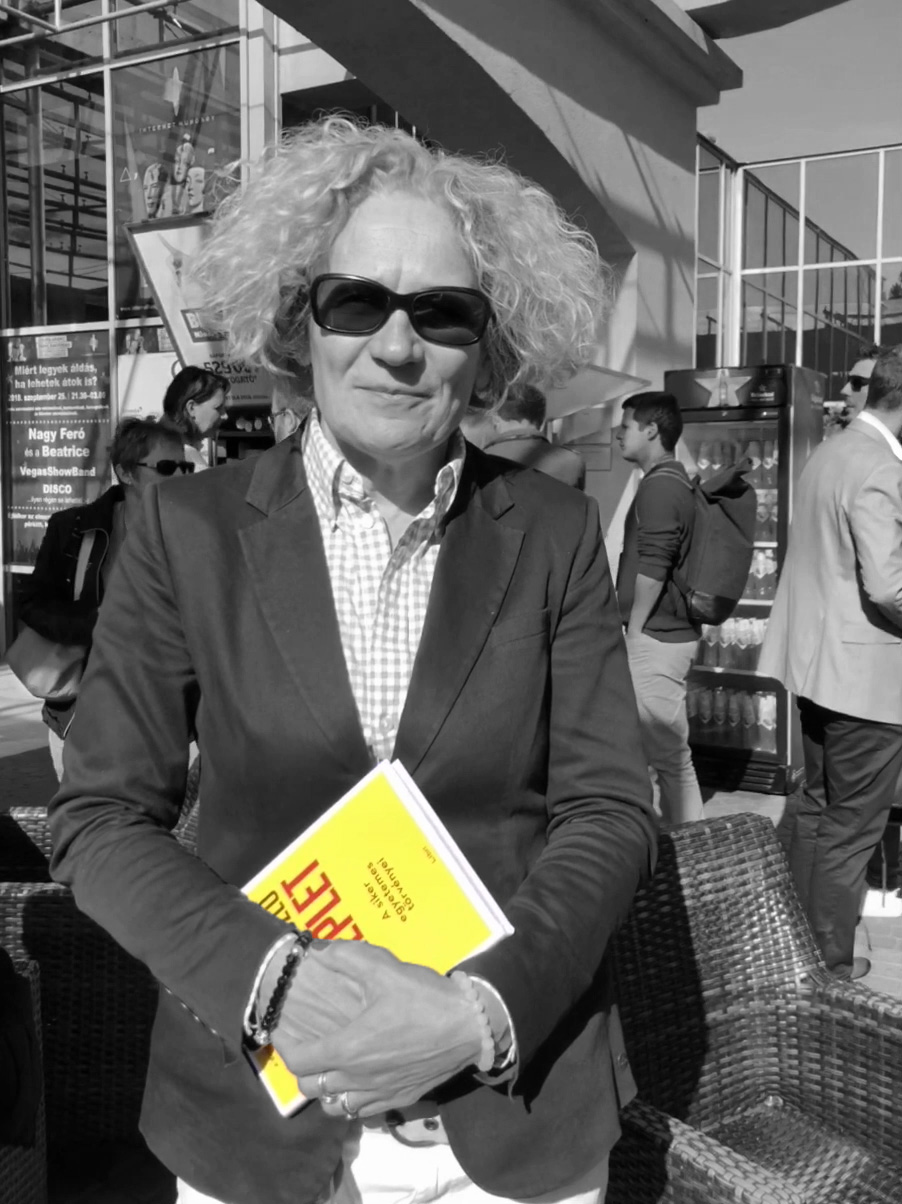
Gabithe hub
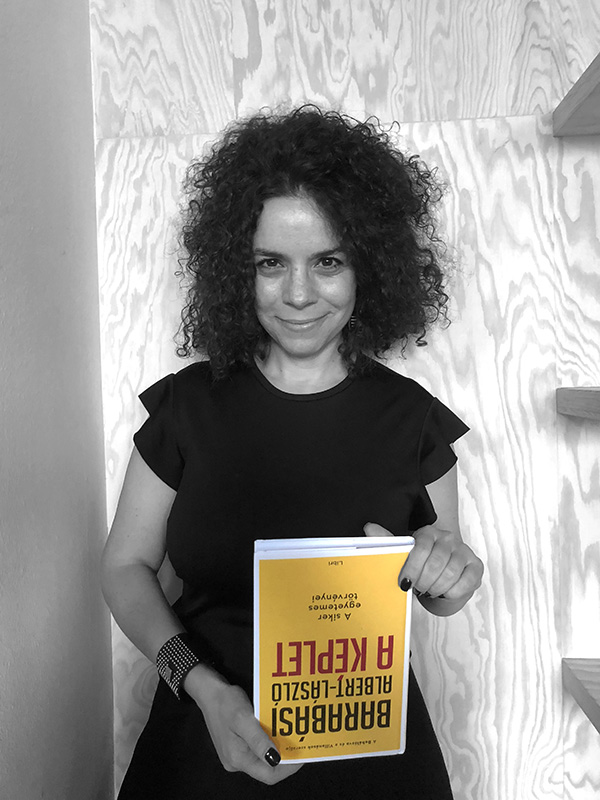
Hesnathe journalist
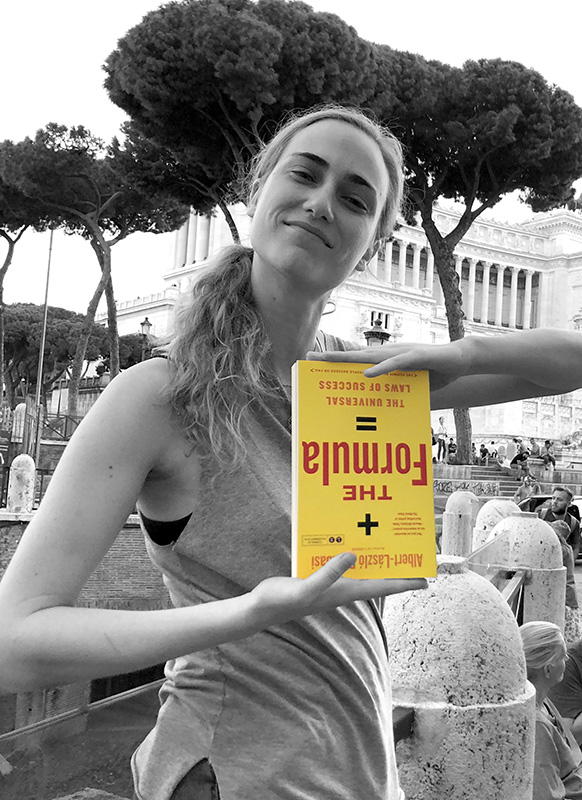
Giuliathe foodome researcher

Leothe kid
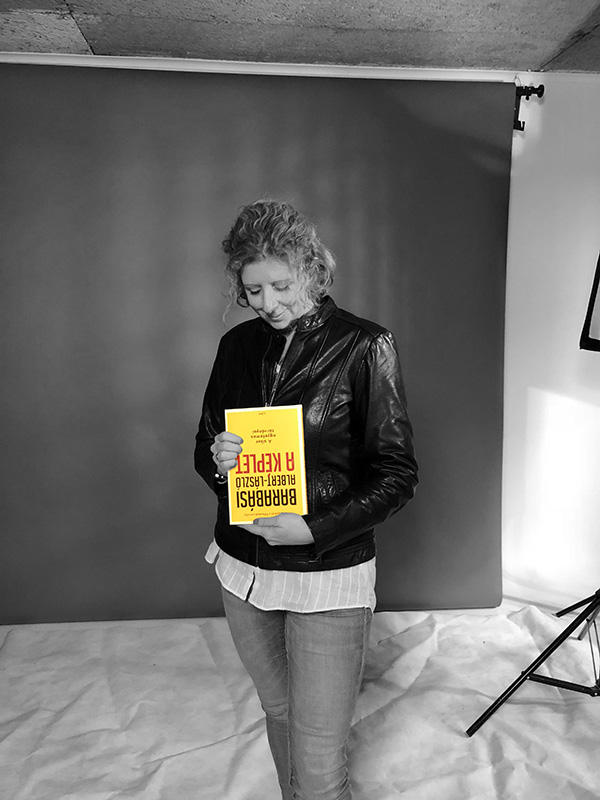
Fannithe editor-in-chief

Beathe singer-songwriter
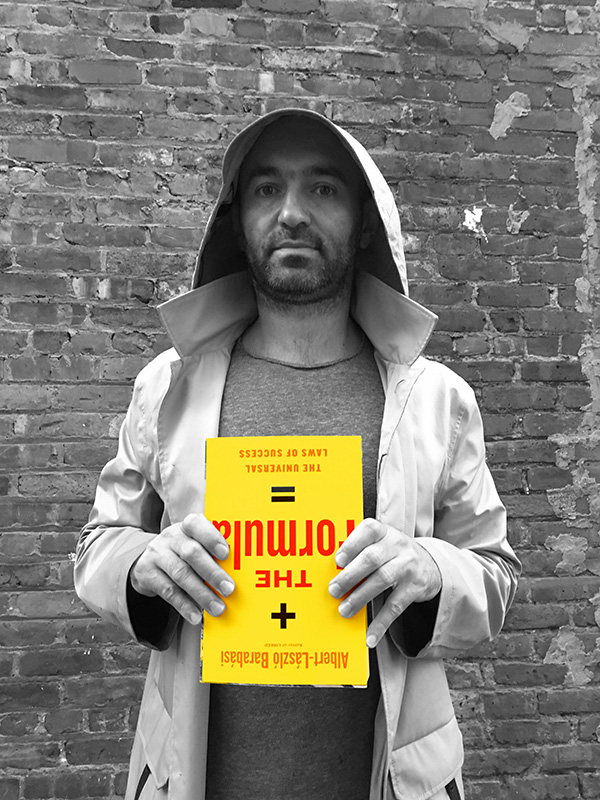
Dumitrothe artist
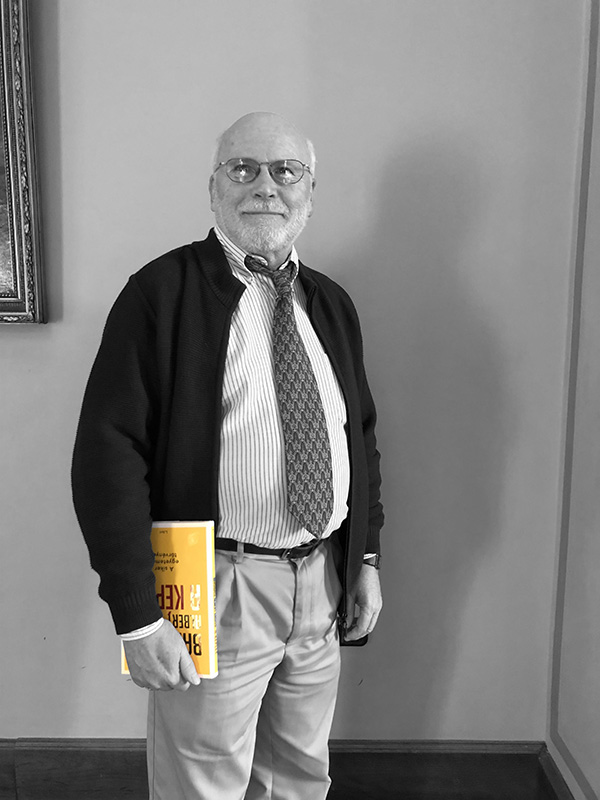
Tamasthe adviser

Emithe astrologer
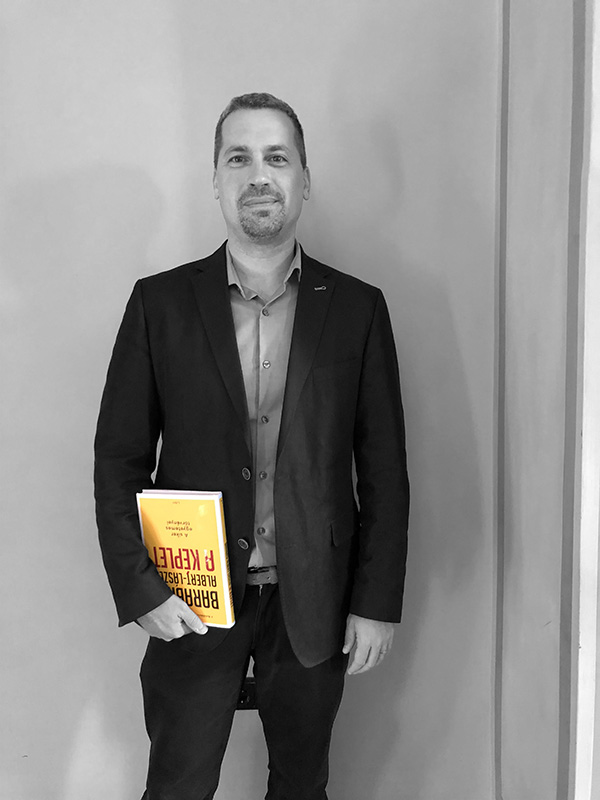
Andrasthe entrepreneur
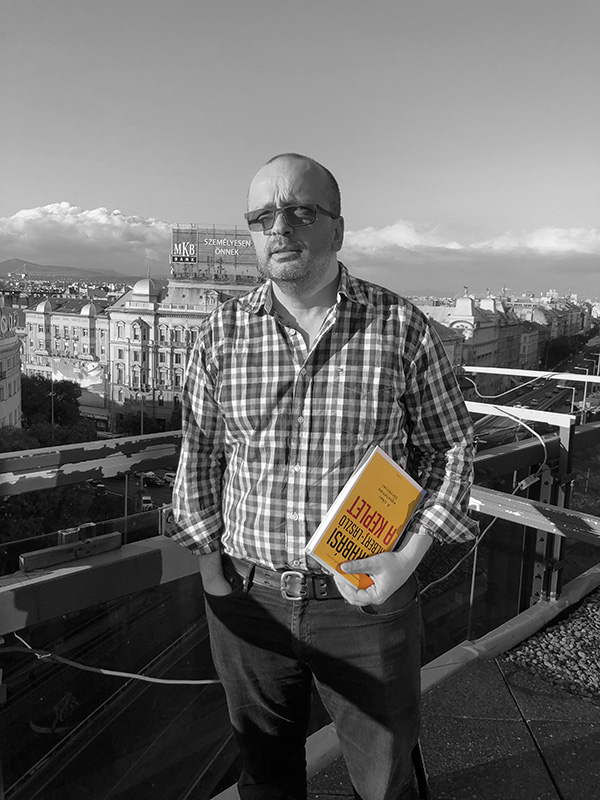
Csabathe rescuer
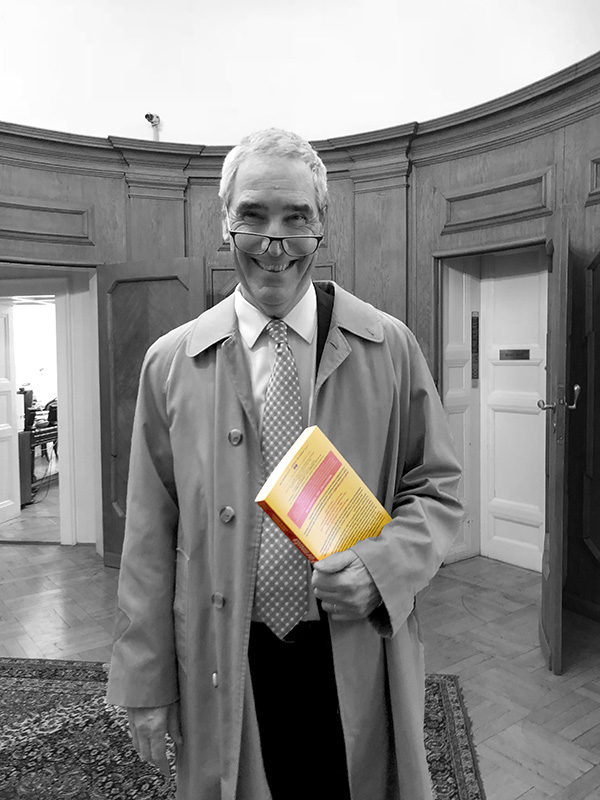
Michaelthe rector
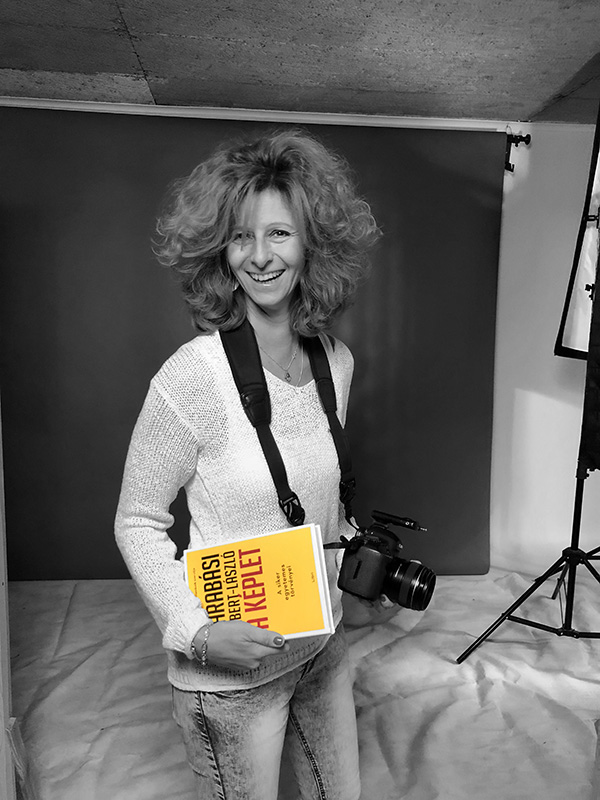
Eszterthe photographer
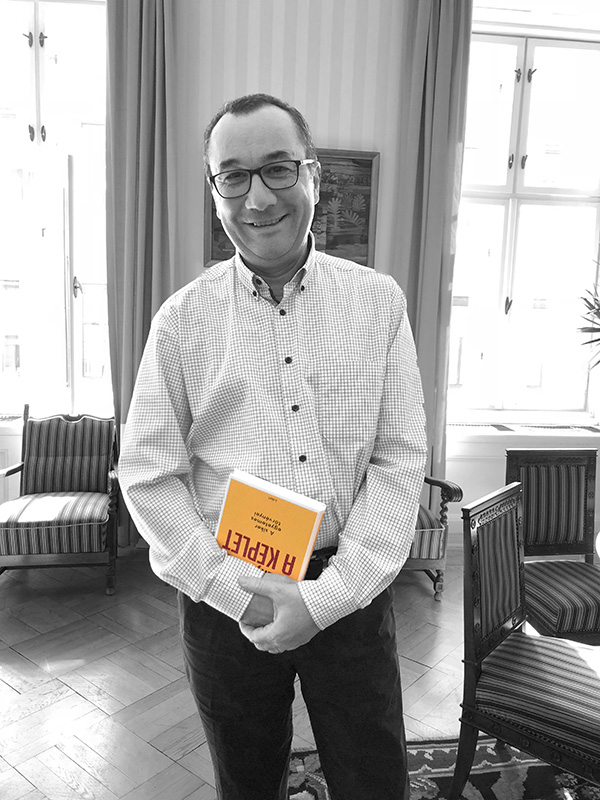
Mateithe provost
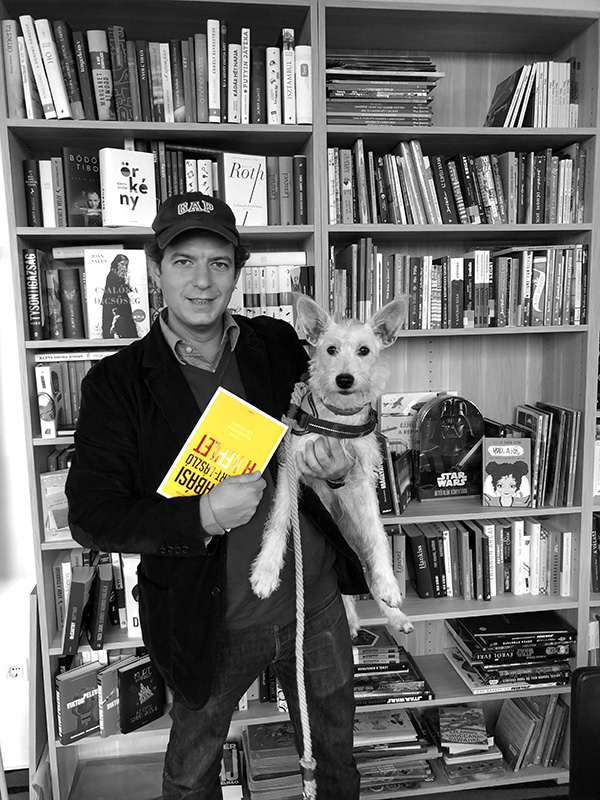
Andrasthe pr-os
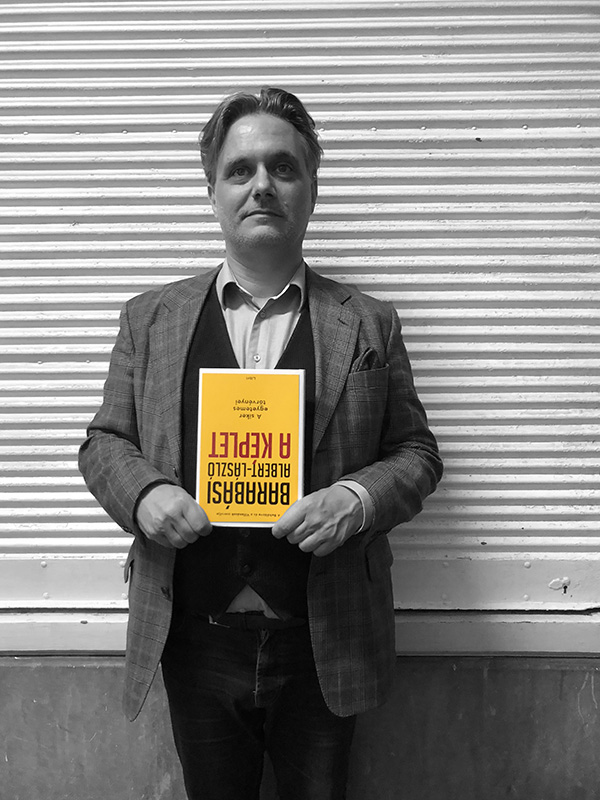
Krisztianthe literati
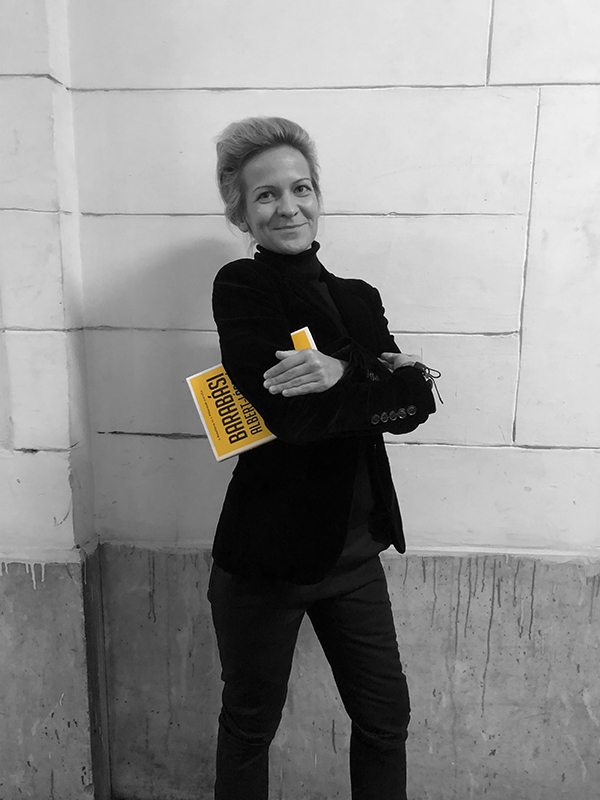
Szuszannathe fundraiser
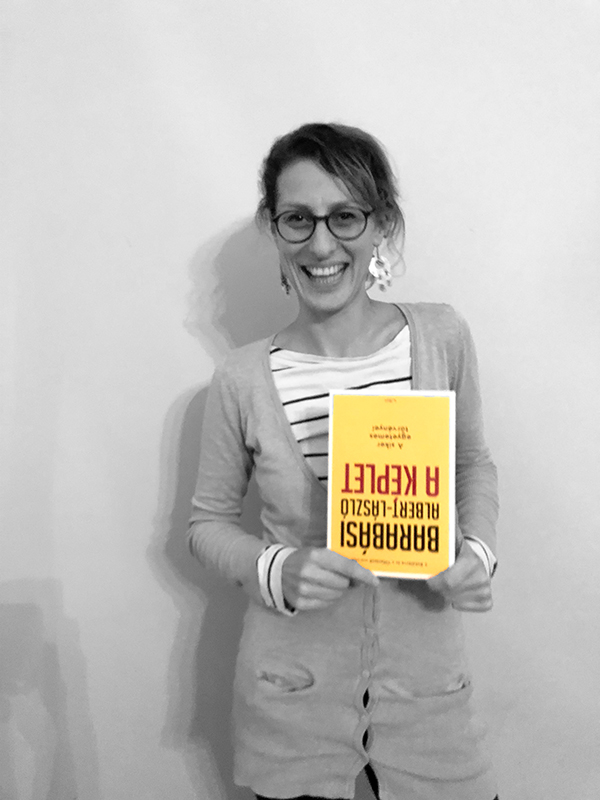
Imolathe philosopher
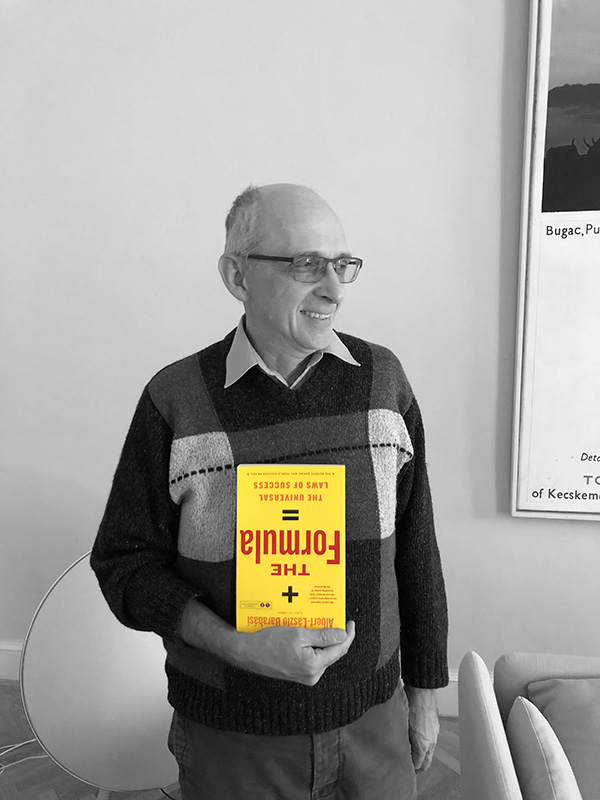
Jozsefthe food mathematician
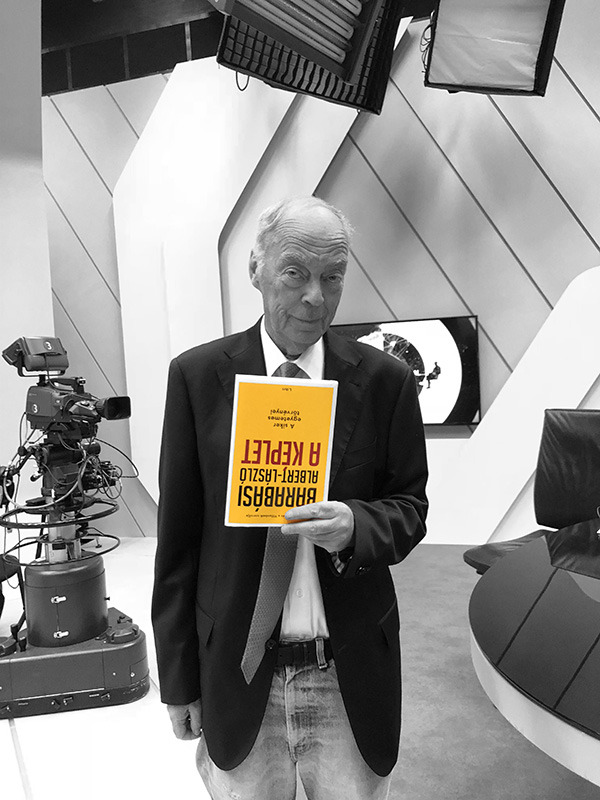
Gyorgythe journalist